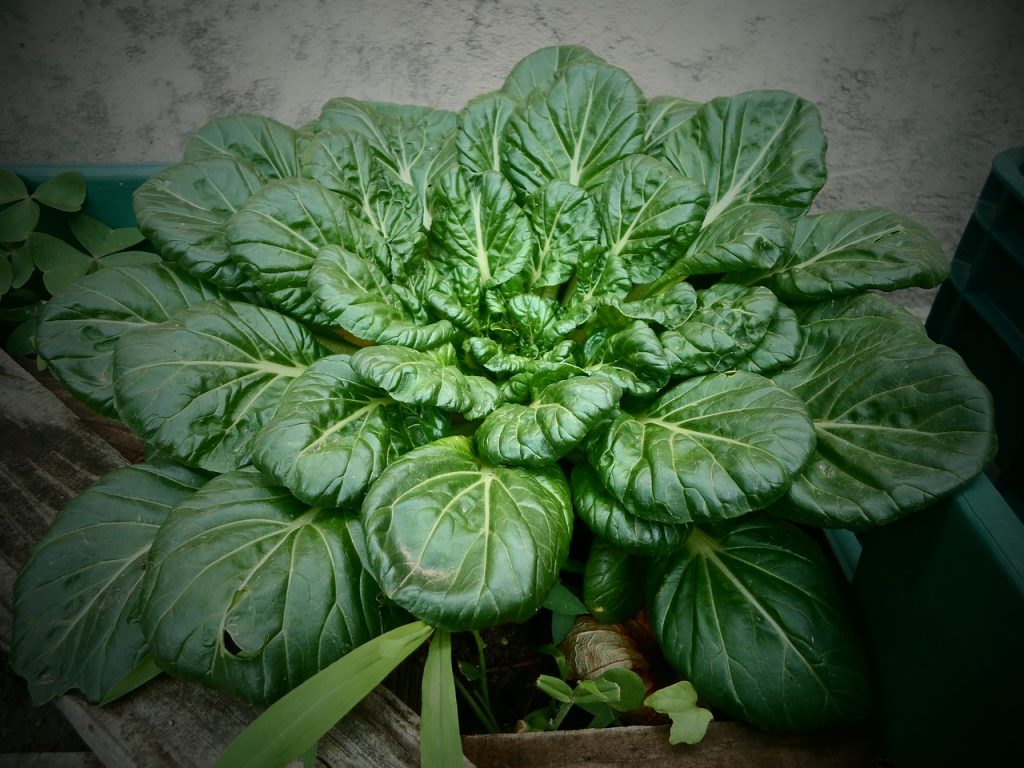November 2006
Dear Friends,
Once again the safety of our produce is being brought into question on the news. This certainly gives us cause for concern. First it was E. coli contaminated spinach, now we hear that some undetermined produce is infected with salmonella.
It’s so sad; there have been serious illnesses even deaths related to the E. coli outbreak. 170 people sick from the salmonella outbreak with 11 hospitalized. How does this happen? It could be due to contaminated water, non-composted manure being used as fertilizer, contamination from workers, factory conditions or even animals in the field.
Because Americans don’t eat enough fresh fruits and vegetables as it is, I become concerned when this type of news breaks because we understandably tend to eat even less. It’s important that we include more vegetables in our diets especially fresh vegetables; they are low in calories and high in nutrition. They provide us with vitamins, minerals, antioxidants, fiber and enzymes vital to our intestinal and immune health. The truth is that most often we can make the difference between safe and unsafe food right in our own kitchen. Never assume that your vegetables are clean. “Washed and ready for use” DON”T BELIEVE IT!!! It’s washed when YOU wash it.
- If you don’t already own a salad spinner invest in one, if you have one – use it.
- Soak green leafy vegetables in a clean sink or bowl of cold water with one or two drops of Castile soap…YES soap. It dissolves oil based contaminates such as pesticides.
- Rinse with cold water and spin in salad spinner
- Root vegetables and sturdy fruits such as apples can be scrubbed using a scrub brush or a Scotch Brite pad to which a few drops of Castile soap has been added. Scrub and Rinse
- If you are cooking your vegetables, cook them in stainless steel, enamel or cast iron. Throw out your Teflon or non-stick cookware. It is poison. Aluminum is not much better.
Another concern is how we spend our dollars on organic produce because it can cost 50% to 100% more. Some produce are particularly worth buying organic due to the high amounts of chemicals found in the non-organic varieties. It pays to know your local farmers and their practices. If you are lucky enough to live in an area that has small local farms and farm stands; buy local produce whenever possible. They tend use fewer chemicals and pesticides.
Here is a list of the top 12 fruits & vegetables that are worth buying organic or locally grown:
Apples * Peaches * Bell Peppers * Celery * Pears * Nectarines *
Green Beans * Grapes * Strawberries * Raspberries * Spinach * Potatoes
Enjoy your vegetables and try new ones. Have you ever tried spaghetti squash? If not; try this simple recipe.
Buy a spaghetti squash, wash it and pierce it with a knife to allow steam to escape. Make sure the whole is large enough. Trust me when I tell you that you do NOT want to clean your microwave after an exploding spaghetti squash. Cook on high in the micro-wave for 20 or 25 minutes depending on the size. Cool for 5 minutes and cut it in half lengthwise. Remove and discard the seeds. (Hint…Squirrels love these seeds.) Then scoop out the stringy contents and place in a bowl. Add butter [not margarine] salt and garlic powder.
It turns out our mothers were right, we should eat our vegetables.
Love and Light, Lori


